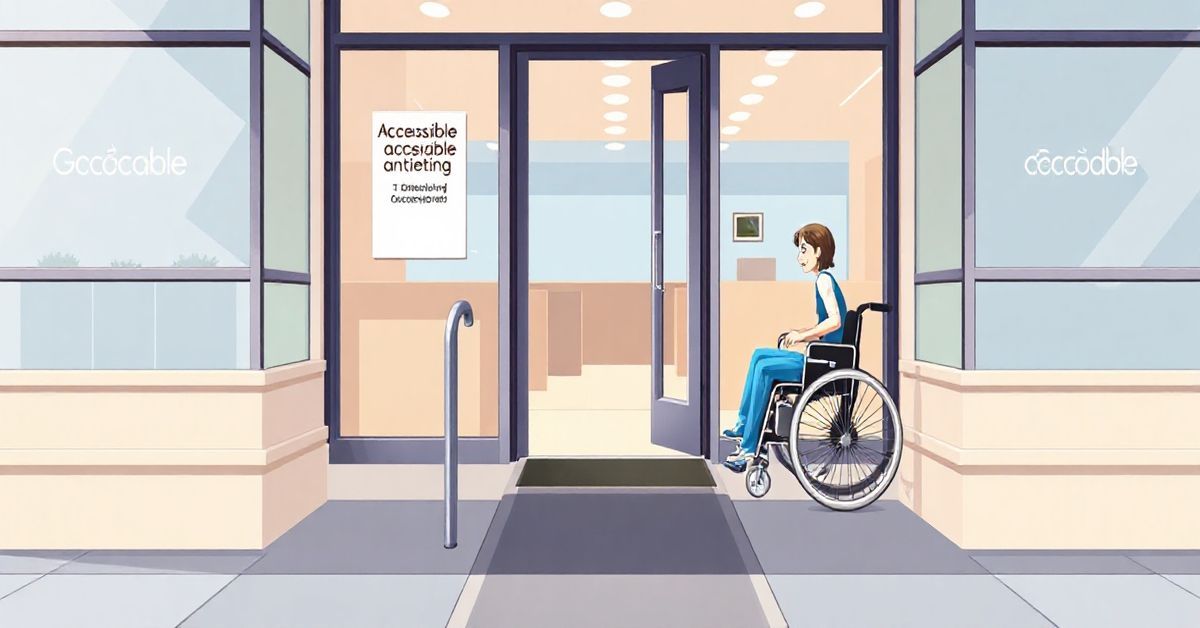Related Concepts and Terms
Understanding the Disabled Access Credit also involves knowing other related concepts. Here are a few:
- Americans with Disabilities Act (ADA): This is the federal civil rights law that mandates accessibility standards for businesses. The Disabled Access Credit is directly linked to compliance with the ADA.
- Tax Deduction: While not a tax credit, business expenses may be deducted as normal business expenses, even if they are used to calculate this credit. Be aware that the expenses you use to compute this credit cannot be used for another credit.
- Barrier Removal: This is the physical process of removing obstacles that prevent accessibility, such as building ramps or widening doorways, as mentioned above.

